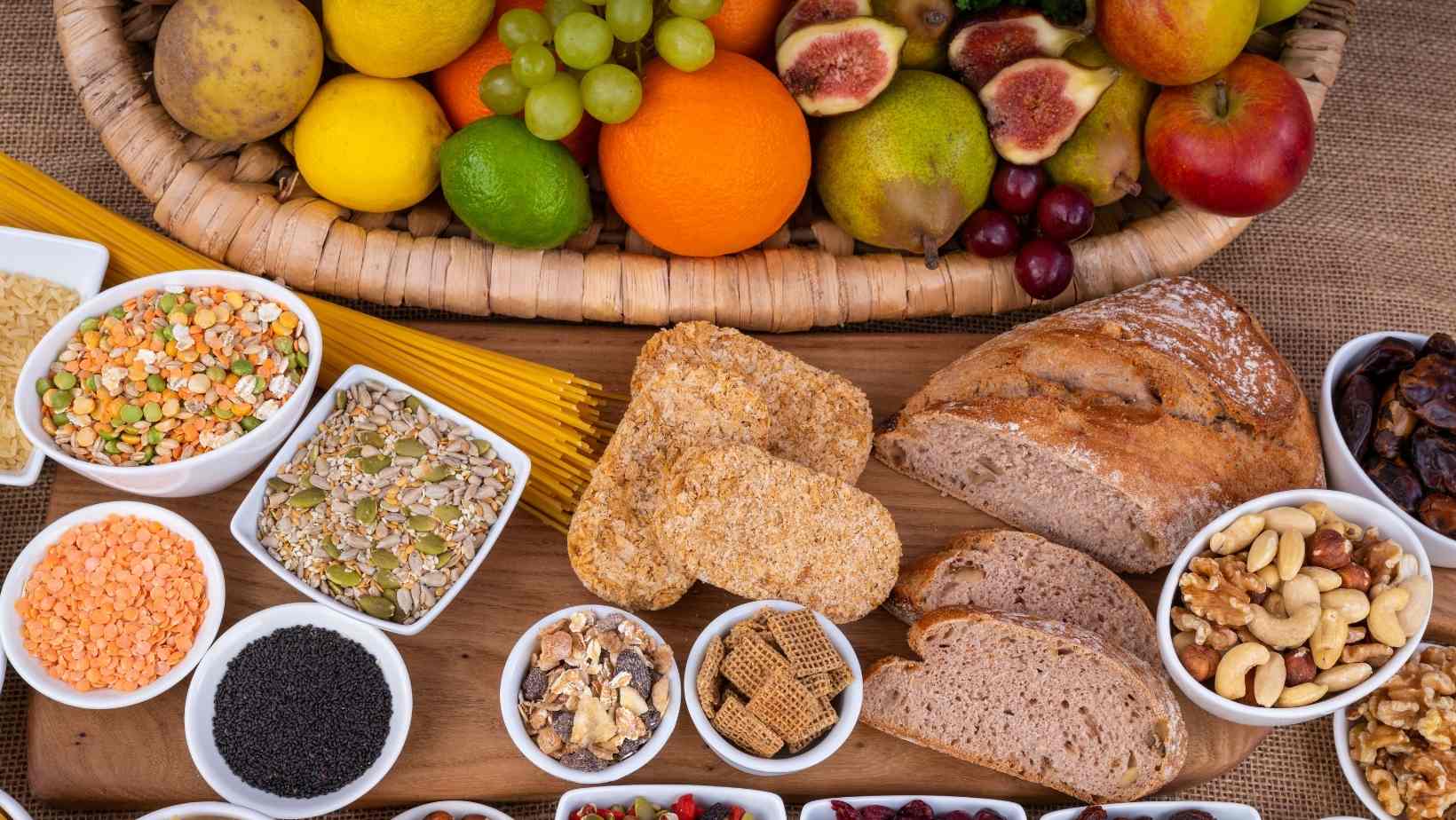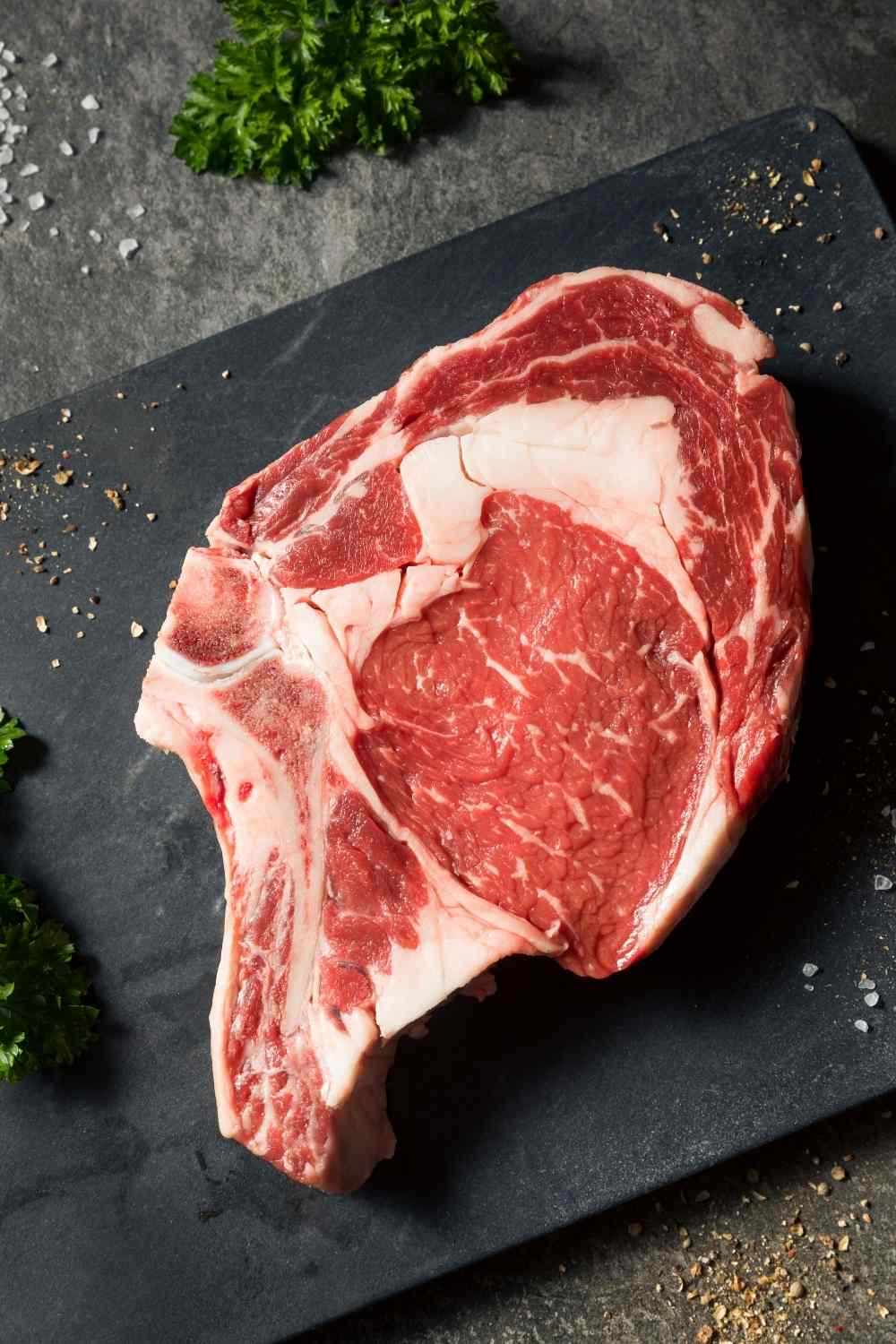The data is obvious when it comes to choline: Americans aren't receiving enough of it in their diets. This crucial vitamin is needed for the normal functioning of our cells and is absolutely critical for healthy growth and development, despite the fact that only 10% of the population meets the daily required consumption. So how come you haven't heard much about it? Unfortunately, along with its unjustly condemned partner-in-crime cholesterol, choline was banished from the glamorous mainstream health scene, and it is just now making a comeback. With these five easy strategies, you can rediscover the value of this underappreciated vitamin and reclaim choline-rich foods in your diet.

What is choline?
Choline is a water-soluble important vitamin that is frequently included in the B-Vitamin complex. Although not strictly speaking a vitamin, this chemical substance is necessary for life's most fundamental processes, such as cellular structure, nutrition transport, and metabolism. Despite the fact that tiny quantities of choline are generated spontaneously in the liver, a considerable quantity of choline must be eaten in the diet to sustain health.
Choline was initially discovered in 1862 by Adolph Strecker, a scientist who established that this unique molecule was an essential component of the egg yolk and raised awareness of its nutritional importance. Despite the fact that traditional animal foods like eggs and organ meats had fallen out of favour by the mid-twentieth century, it wasn't until 1998 that the Institute of Medicine's Food and Nutrition Board officially declared choline an important vitamin and issued specific dietary guidelines.
- Choline is involved in the creation of phospholipids, phosphatidylcholine, and sphingomyelin, which are important structural components of the human cell membrane.
- Metabolism and Liver Function: Studies have revealed that choline shortage leads to Metabolic Syndrome, a disorder characterised by insulin resistance, high blood triglycerides, high serum cholesterol, and obesity. Choline shortage, when combined with a low-protein diet, may lead to fatty liver disease.
- Choline is required for the production of cholinergic neurons, which are found in parts of the brain, as well as the parasympathetic and sympathetic nervous systems. It's also a precursor of acetylcholine, a neurotransmitter important in muscular function, memory, and learning, among other things.
- Anti-inflammatory and cancer prevention: Studies show that persons who eat a diet high in choline had the lowest levels of inflammatory markers such IL-6, TNF-alpha, and C-reactive protein. Furthermore, persons who consume a choline-deficient diet for as little as a month have a considerable increase in DNA damage and cancer risk.
- Early Growth and Development: Choline-rich meals are especially important for pregnant and lactating women, since this vitamin is essential for the brain and nervous system development of the foetus. Long-term learning incapacity and memory issues in kids have been connected to maternal deficiency. Choline is also found naturally in breast milk, since young children need a significant quantity to maintain the nervous system's development, which continues at a rapid pace until the fourth year of life. However, since the level of choline in breast milk is closely tied to the mother's nutritional consumption, eating the right meals should be a focus. If a mother is unable to breastfeed, a formula containing natural choline, such as Nourishing Traditions Homemade Baby Formula, is essential.
Foods vs. Supplements
On the shelves of health food stores, you'll discover a multitude of various choline supplements, as with practically other recognised vitamins. Choline in tablets, capsules, and liquids, on the other hand, is generally obtained from soy lecithin, a controversial byproduct of the soy industry that is also used as an emulsifier in commercial baked products and chocolate. Although purportedly devoid of irritating allergic soy proteins, this choline source isn't optimal, particularly given that 90% of soy is genetically engineered, and lecithin is often chemically extracted using toxic solvents like hexane.
Choline is best received in its synergistic form from pure whole meals, where the whole range of cofactors and complementary nutrients are absorbed properly. According to the IOM, the current daily dietary requirement for choline is 425 mg for women and 550 mg for men, which puts virtually all Americans in the inadequate range. However, these low levels are just the bare minimum required to avoid liver damage, and current research suggests that even greater choline consumption provides significant health advantages. Animal foods, such as egg yolks and liver, are the best sources of choline since they have the highest concentrations of this vitamin and may be readily included in the diet to satisfy health and wellness needs. Choline-rich foods to eat in plenty include:
Pastured Eggs
Approximately 115 mg of choline may be found in one egg yolk. Women in ancient civilizations consumed 5-7 egg yolks every day when pregnant! Pastured eggs should be used whenever feasible since they have a higher nutritional profile. Egg yolks may be used in a variety of ways in your diet, including scrambled eggs, homemade ice cream or custard, or raw in your favourite superfood smoothie.
Beef Liver
The raw liver has 423 mg of choline in 5 oz. Liver from a reputable supplier should be grass-fed. Try liver as a pate or sautéed with onions and butter in a Nourishing Traditions dish. If you're not ready to commit to eating organ meats yet, consider dessicated liver in powder or pill form.
Grass-Fed Raw Dairy
Choline is found in 8 oz of fresh milk, yoghurt, and kefir. Raw milk products are preferred because they have not been pasteurised, preserving the delicate ingredients.

Soaked Nuts and Legumes
Garbanzo beans, lima beans, and lentils offer around 70 mg of choline per cup, while sunflower seeds, pumpkin seeds, and almonds have about 60 mg per cup. Nuts and legumes, on the other hand, should be ingested in moderation since they contain high levels of anti-nutrients. Animal foods should be your major source of choline, although you may supplement with plant-based alternatives if necessary.
Cruciferous Veggies
Cauliflower, cabbage, bok choy, and broccoli are among the vegetables in this category, with 65 mg of choline per cup cooked. To help in nutritional absorption, these veggies are best served gently cooked with lots of butter or grass-fed ghee.




